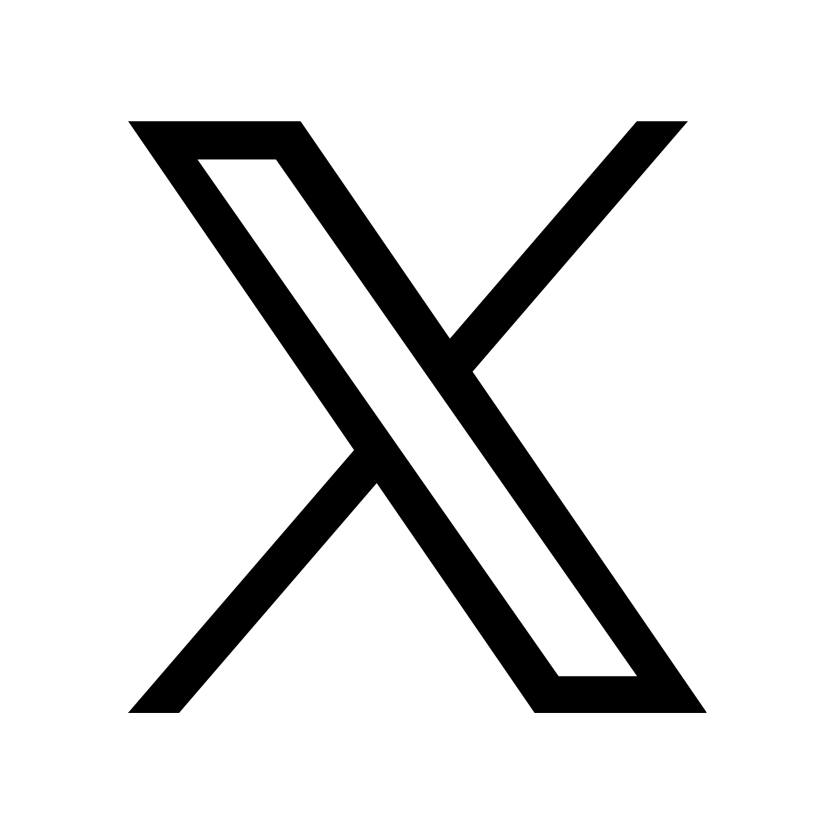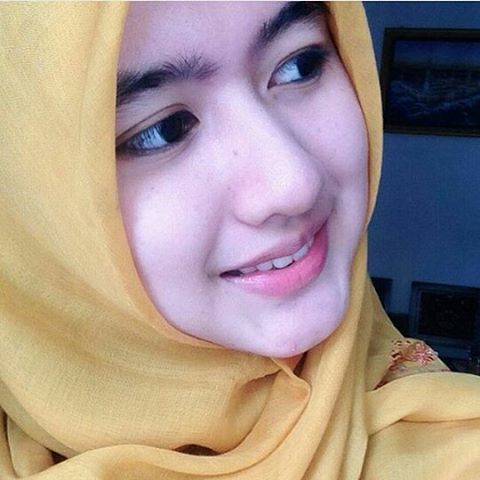Everyone is aware that exercise benefits both the body and psyche. Physical activity is beneficial to the heart and burns calories. Strength training is beneficial for our bones, facilitates muscle growth, and increases our metabolic rate.
Without these items, we cannot lead complete, active lives.
Why do my muscles ache after exercising?
Muscle pain can affect anyone, regardless of how frequently they exercise or how recently they altered the type, quantity, or duration of their regimens. This is the primary fact you must know about muscle discomfort.
Because the only way to develop muscle is to first tear it down, this is the case.
The author states that the additional tension that exercise places on the body causes microscopic injuries in the working muscles. "These small rips are typical. In fact, they are essential for muscle growth. On the other hand, these emotions are painful.
When the body recovers and repairs these minor injuries, the muscle grows back stronger and healthier than before. However, this comes at a terrible cost.
In contrast to delayed onset muscle soreness, acute muscle soreness occurs during or immediately after an exercise and is caused by muscle fatigue rather than muscle regeneration and development.
How long does slow-developing muscle pain last?
"Delayed onset muscle soreness usually starts 12 to 24 hours after exercise and peaks anywhere from one to three days later," explains an explanation.
Take a pill if it hurts. Aspadol 150 mg or Tapaday 200 mg won't help your muscles heal faster, but they will help you deal with the pain.
Muscle pain doesn't seem to have any reason to wait. Does say, though, that how long your pain lasts will likely depend on how hard you worked out.
"The workout is harder the longer it takes for muscles to heal and grow back."
How to Get Rid of Muscle Pain after Exercise
If you want to build muscle and get stronger, you will get sore.
Do you know what you can do to help? Or is it just a matter of putting up with the pain when your muscles hurt?
"Delayed onset muscle soreness is a natural sign that your muscles are getting stronger, so there's no reason not to wait it out.""However, it can be scary," says Medical. "Luckily, you can do a few things to help ease the pain."
Here are seven ways to relax your muscles:
Start moving your feet. Believe it or not, one of the best ways to make your muscles feel better is to move them. This can be done with light exercise or active recovery like yoga, stretching, or foam rolling.
First, make sure you warm up. Making sure your muscles are ready to work before you test them is an important part of keeping them safe. Before each exercise, give yourself a few minutes to warm up.
Start a new workout program slowly. Nothing happens to your muscles when you go from 0 to 60. Giving them time to get used to you can help lessen your pain. Make sure to start a new workout plan or increase the volume slowly over the course of a few days or weeks.
It is normal for your muscles to hurt or feel stiff for a few days after you work out. This is called delayed onset muscle soreness (DOMS). It can happen to people of all exercise levels, especially when they try something new or try to work harder than normal.
Most of the time, the pain in your muscles will go away in 2 to 5 days, and you won't need to see a doctor. You should be able to help yourself feel better.
Even if you have DOMS, you can still work out, but it is usually best to wait a few days until the pain goes away. If the pain lasts longer than 5 days or gets worse, you should call your doctor.
Getting hurt
Usually, if you've hurt yourself, you'll notice:
· Pain
· A soft touch
· Filling up
· Beating up
· Being stiff
Most of the time, you'll see this right away in the area that's hurt. You might not notice these signs until a few hours after you work out or play sports.
Most of the time, you don't need to see a doctor for a small accident. You can take care of yourself at home.





 rexpos
rexpos  malsa
malsa  laporkan
laporkan




 Henrysmith (@henrysmith)
Henrysmith (@henrysmith)





 Jasa Online Indonesia tempat jual beli jasa di Indonesia, pendaftaran Gratis tidak dipungut biaya apapun!!.
Jasa Online Indonesia tempat jual beli jasa di Indonesia, pendaftaran Gratis tidak dipungut biaya apapun!!.  expos
expos  urutan
urutan 








